
Redemption Made Easy
What would happen if Moses walks into the main synagogue in Flatbush or Miami on a Tuesday evening, and declares, “Behold! I have come to redeem you”…

The Zohar explains that Moses was not only the first redeemer, but he’ll be the last redeemer as well. With regard to the first redemption, the Exodus from Egypt, the Torah comments, “They [the Israelites] did not listen  to Moses due to impatience and hard work.” Moses came to redeem the nation of Israel with a message of emuna, thanksgiving, happiness, and dancing. All of the other Tzaddikim of that generation sought to expedite the Redemption through harsh means, such as fasts and self-afflictions. They did not accept Moses’ concept that emuna, gratitude and joy would hasten Redemption more than anything else. The children of Israel subsequently did not listen to Moses, because they weren’t convinced of the power of positivity.
to Moses due to impatience and hard work.” Moses came to redeem the nation of Israel with a message of emuna, thanksgiving, happiness, and dancing. All of the other Tzaddikim of that generation sought to expedite the Redemption through harsh means, such as fasts and self-afflictions. They did not accept Moses’ concept that emuna, gratitude and joy would hasten Redemption more than anything else. The children of Israel subsequently did not listen to Moses, because they weren’t convinced of the power of positivity.
To this day, many people believe that Judaism is a stringent hellfire-and-brimstone faith, Heaven forbid. This is an utter misconception. Judaism’s awesome power lies in its positivity – emuna, gratitude, and joy. So many people harbor the false impression that Hashem wants us to preoccupy ourselves with fasting and self-suffering – certainly not! Simple faith and gratitude invoke the Divine compassion that will hasten the imminent Redemption, speedily and in our days, amen.
Let’s bring this concept to life: Imagine that Moses walks into the main synagogue in Flatbush or Miami on a Tuesday evening, and declares, “Behold! I have come to redeem you, Hashem has sent me.”
The Jewish people say to him, “Please, sir, what do we need to do for the Redemption? Tell us and we’ll do it!”
Moses speaks into the microphone on the rabbi’s podium and says, “All you need to do is smile, be happy, give thanks to Hashem, keep the Torah and mitzvot with joy, and strive to constantly strengthen your emuna. Singing and dancing in between will help things along…”
Some people start catcalling from the crowd: “Hey, you’re an imposter! You can’t be the Redeemer! If you would have said that we must fast at least twice a week, not sleep all night, immerse ourselves in freezing water, roll in the snow, and be in a state of absolute remorse all day long, we would have believed that you were the Redeemer. The Redemption requires hard work and suffering! Your flower-child message of joy and gratitude belongs in Greenwich Village, not here! You can’t trick us! Get out of here, you’re not the Redeemer!”
Rebbe Nachman of Breslev teaches that people’s deficiency in emuna prevents them from getting close to Hashem via means of positivity. Like their forefathers who were slaves in Egypt, they feel compelled to perform backbreaking “hard work” in order to make any spiritual gain. They don’t believe in Hashem’s mercy; particularly that Hashem can bring them close even without all their self-flagellation, long faces and suffering.
Rebbe Nachman explains, (Likutei Moharan, II:86): “Understand, that due to the fact that the world is filled with people who lack emuna, that therefore they must fast, in other words, tasks of ‘hard work.’ This is because it is certainly understood that it is possible to serve Hashem through every mundane action, because ‘Hashem does not come with unrealistic expectations of His creations (Avodah Zarah, 3).’” Rebbe Nachman explains that “mundane actions” such as saying grace after a meal with joy, or maintaining a positive outlook when things don’t go exactly as we’d like them to, are in effect more cogent that all types of stringent actions that could lead to sadness and depression. In fact, serving Hashem with emuna, gratitude and joy renders harsh stringencies superfluous.
Here’s a reminder of Rebbe Natan’s monumental teaching that we should all strive to internalize: “If every person would really listen to the voice of the true tzaddikim, and walk in the path of emuna and cling to the fact that Hashem does everything for the good, and give praise and thanks constantly to Hashem, whether for the good or for the seemingly bad, then all pain and suffering and all exiles would be completely nullified, and we’d have the ultimate Redemption already!”
It’s really surprising: Why don’t we listen to the tzaddikim and go in this path? Doesn’t it seem easy and pleasant, and a wonderful way to go? By taking this path, Rebbe Natan guarantees the end of exile and suffering! So where are we? Why aren’t we all busy reinforcing our emuna and expressing our gratitude to Hashem?
The answer is that we still haven’t freed ourselves of the slave mentality that is characterized by “impatience and backbreaking work” (Exodus, 6:9). Emuna frees us from this age-old spiritual slavery. The spiritual freedom of gratitude, thanksgiving and joy is the pleasant and painless path to Redemption.



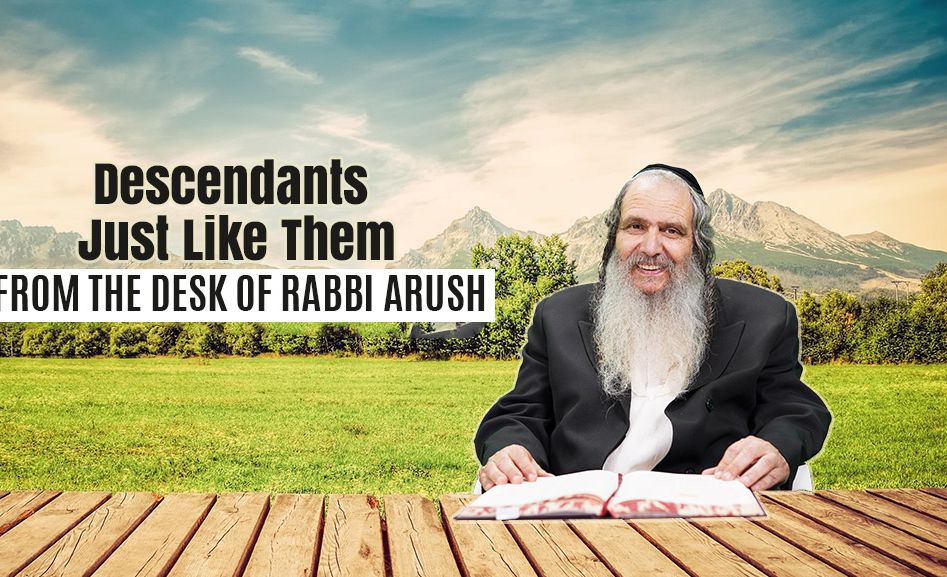
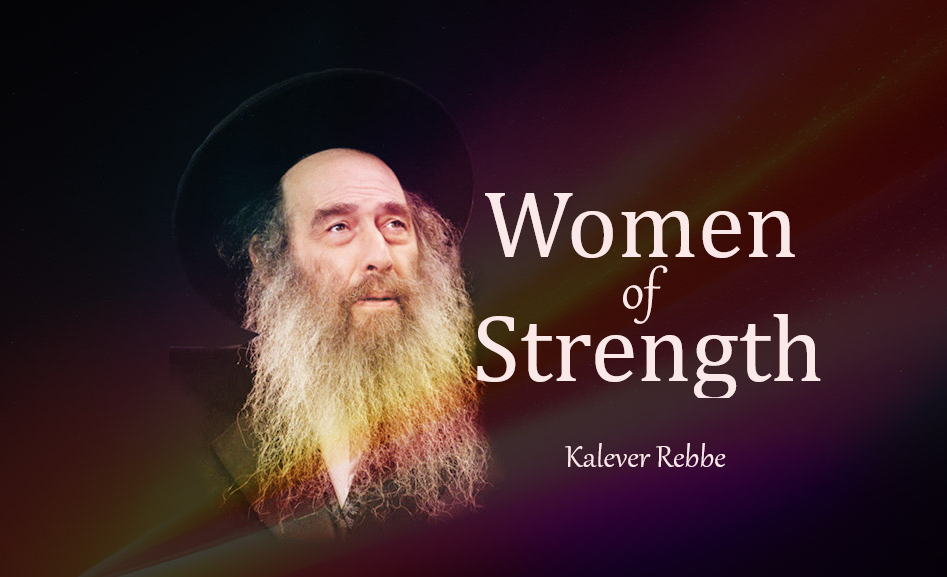
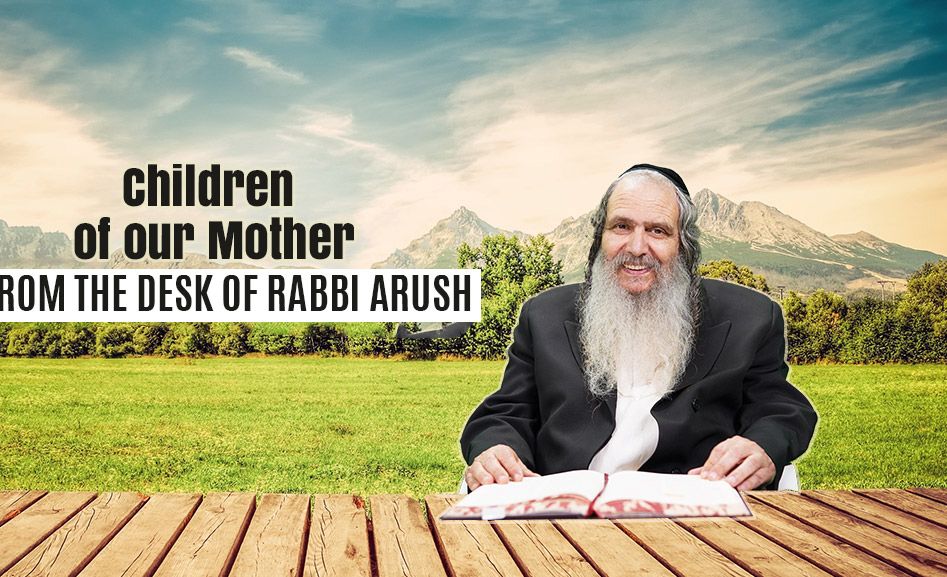
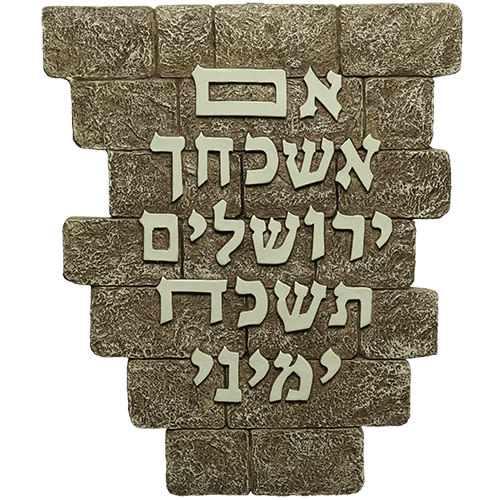
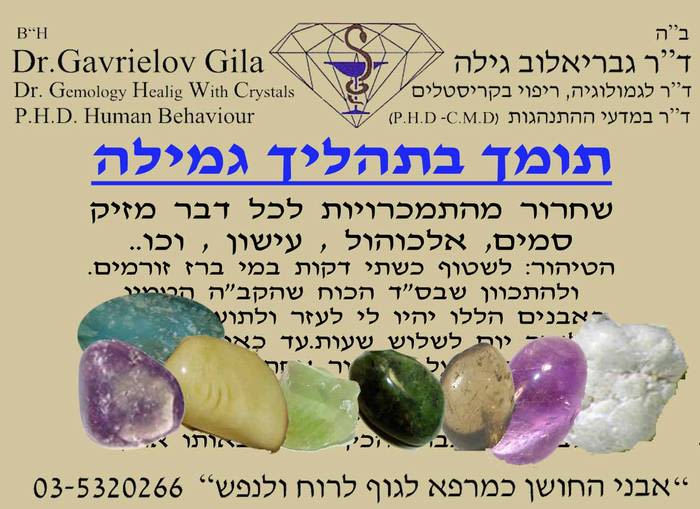


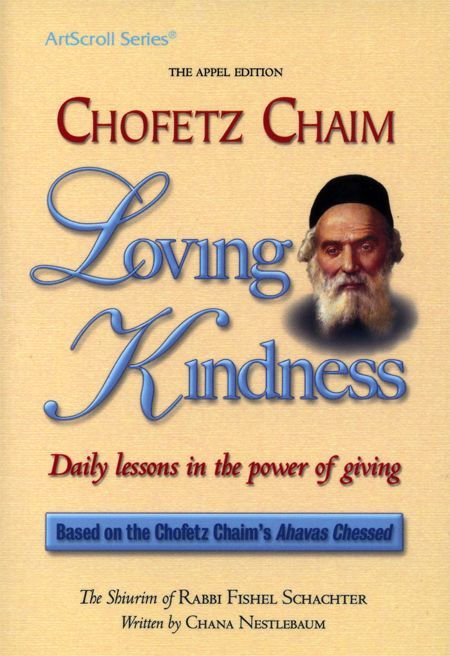

Tell us what you think!
Thank you for your comment!
It will be published after approval by the Editor.